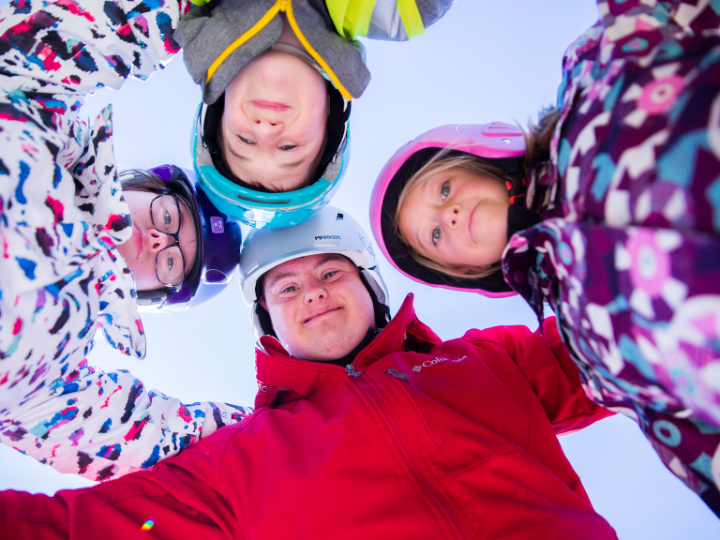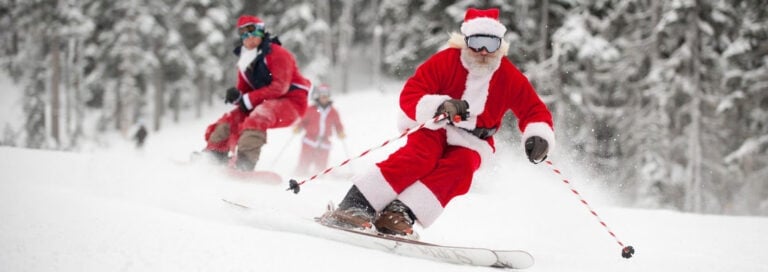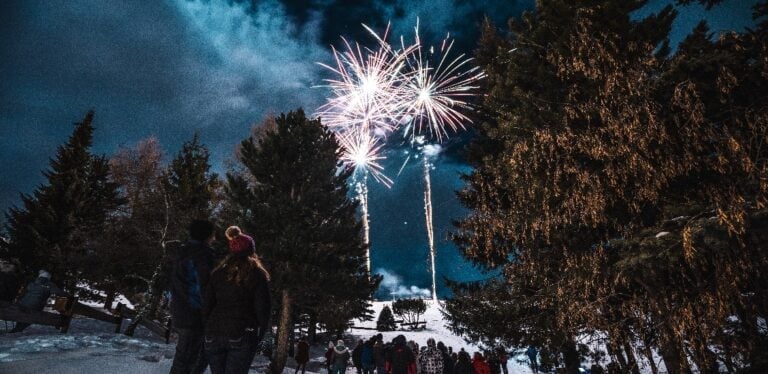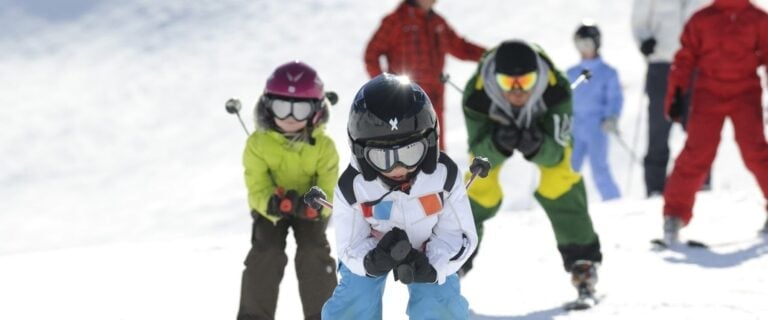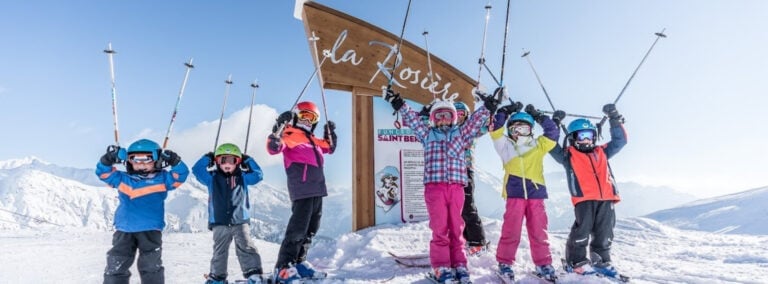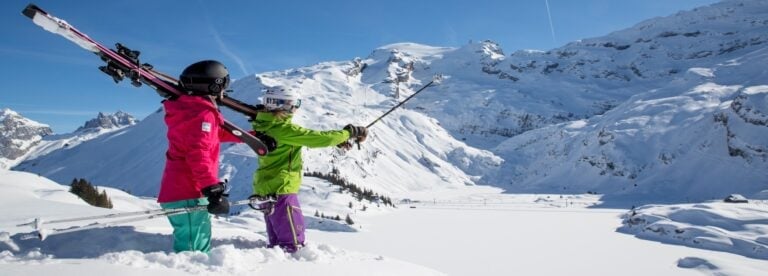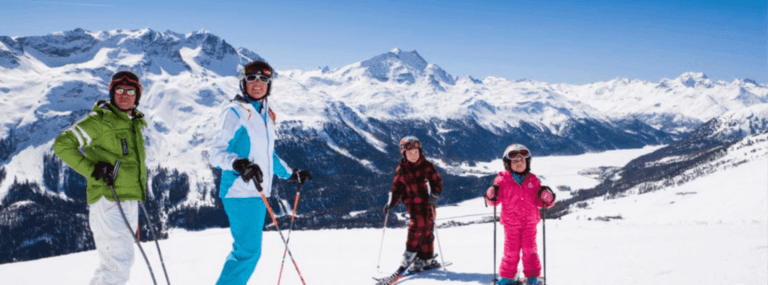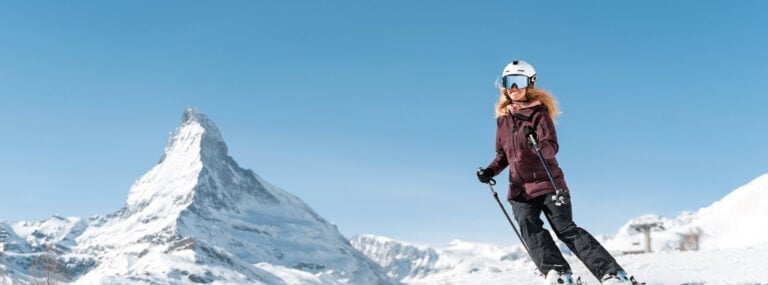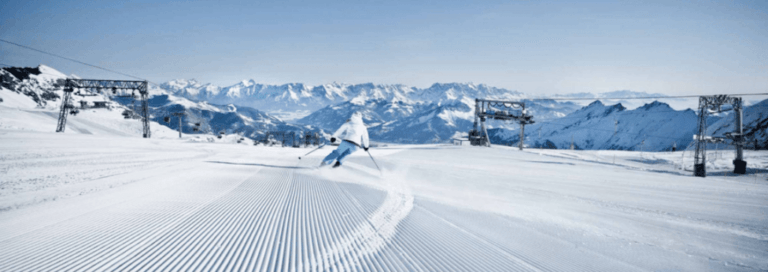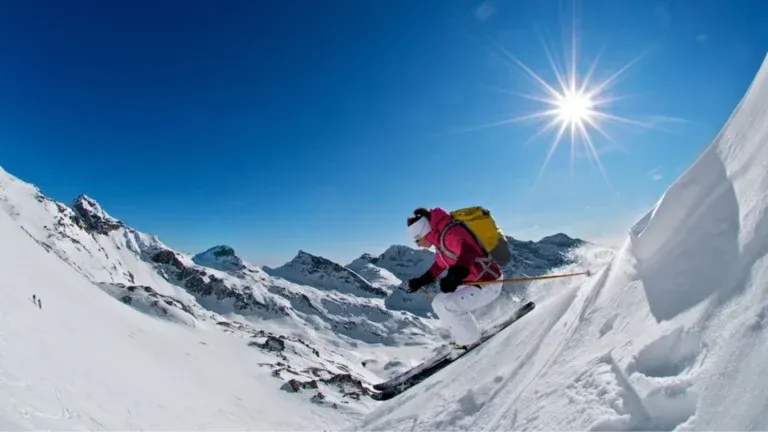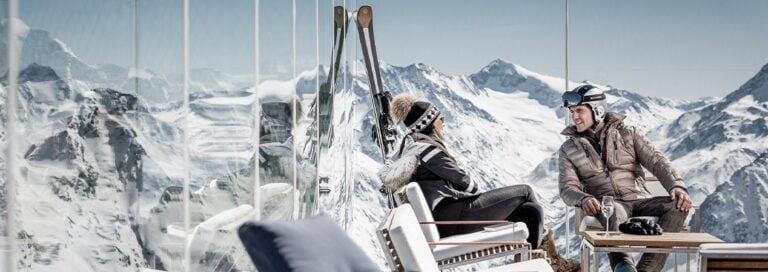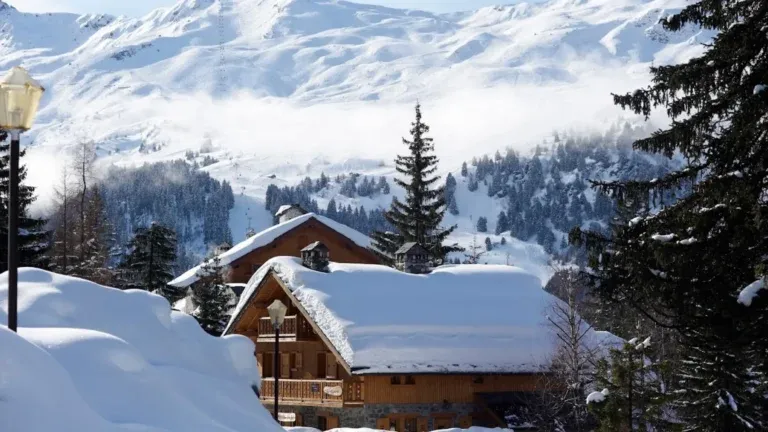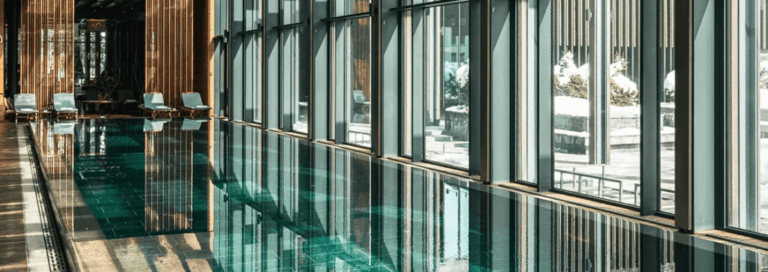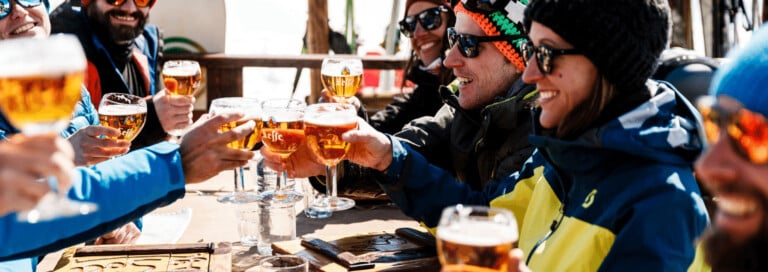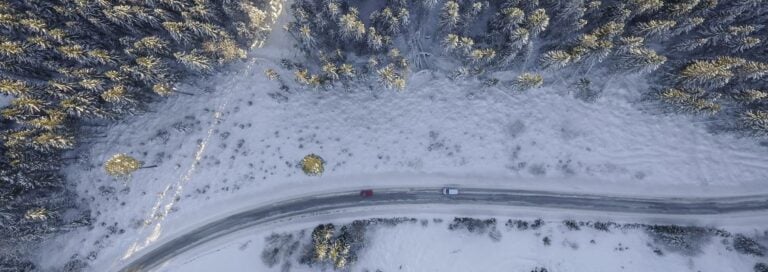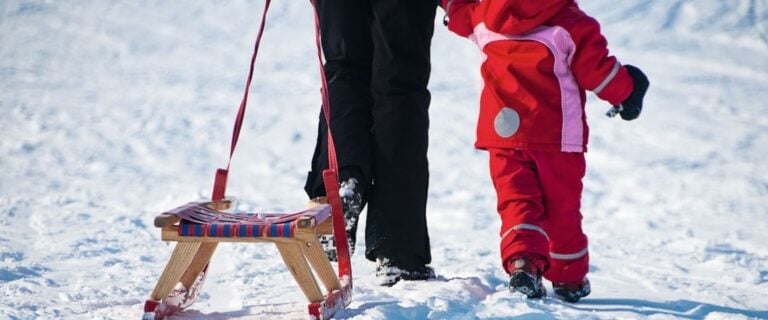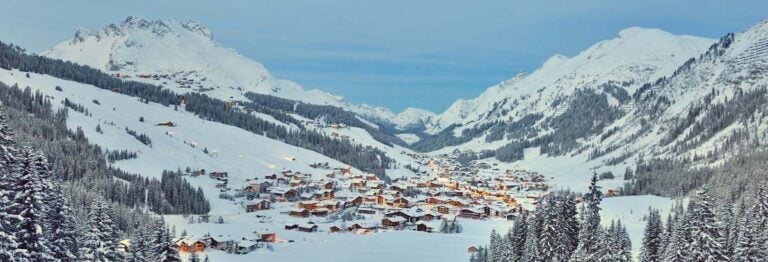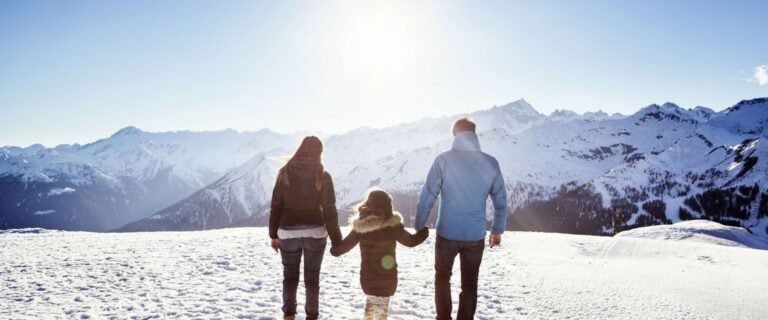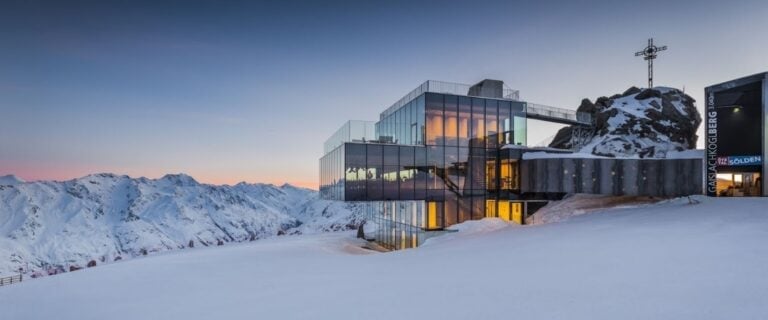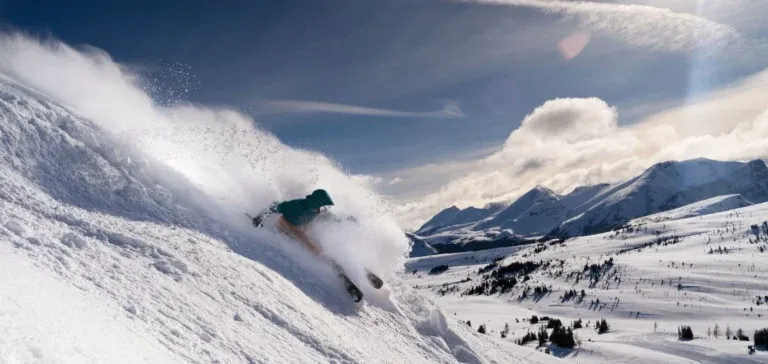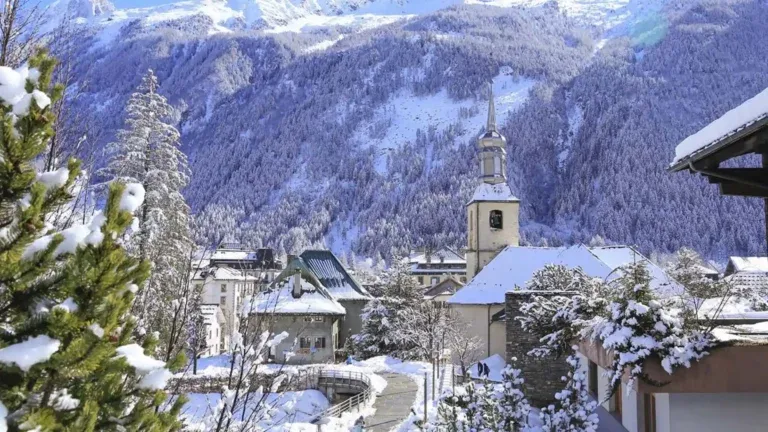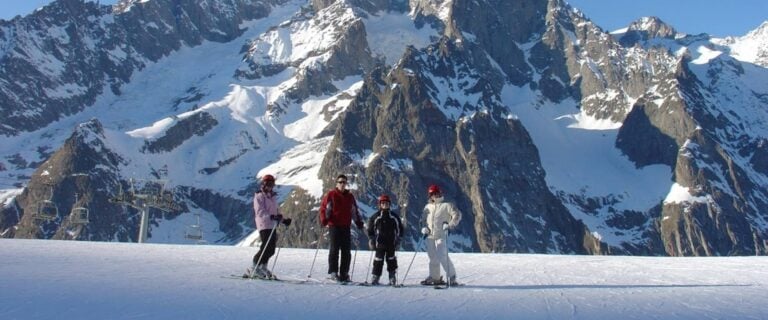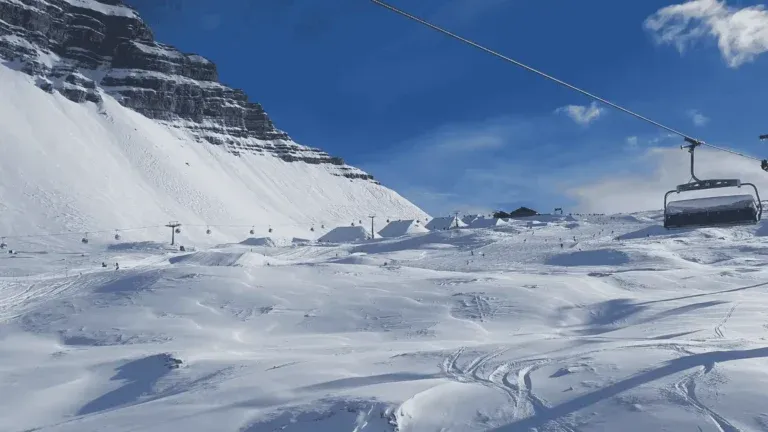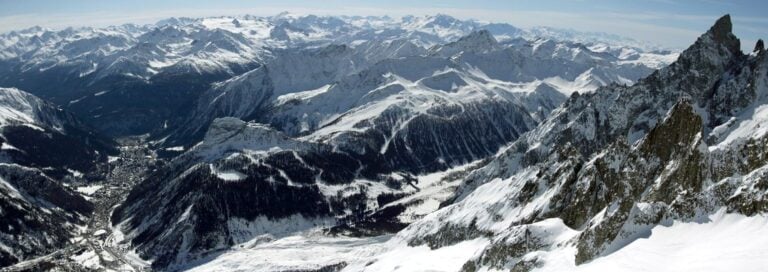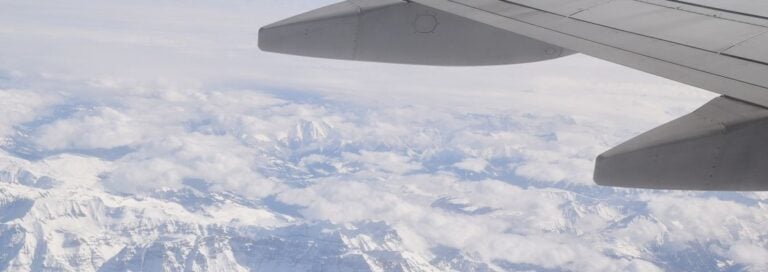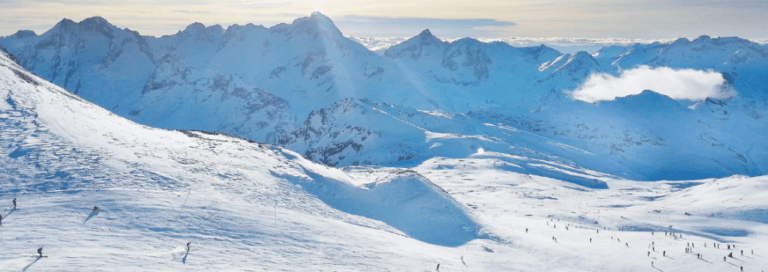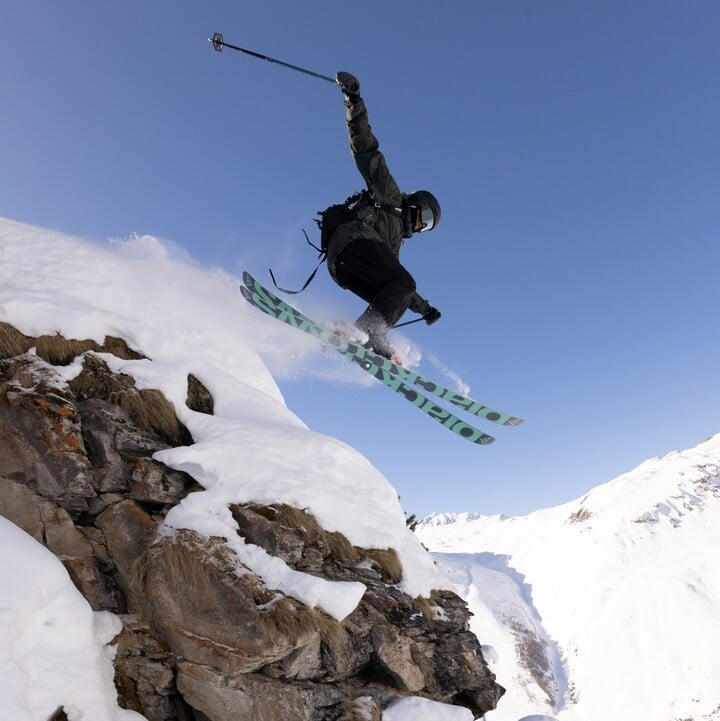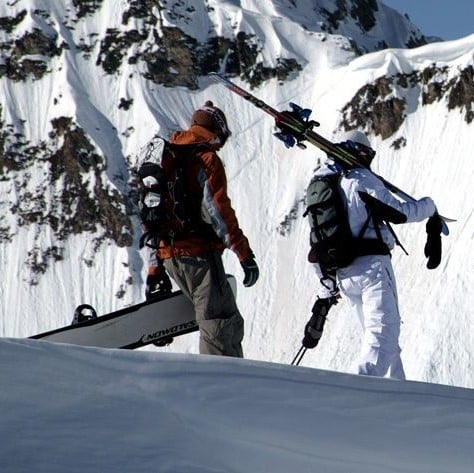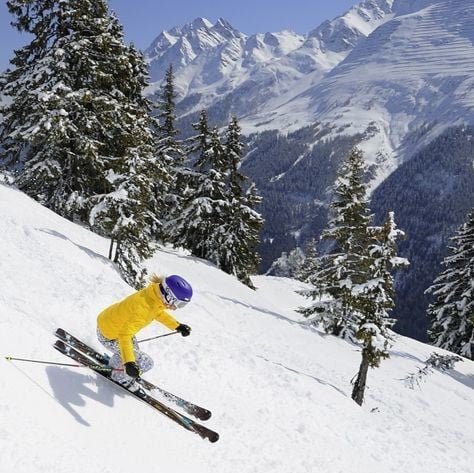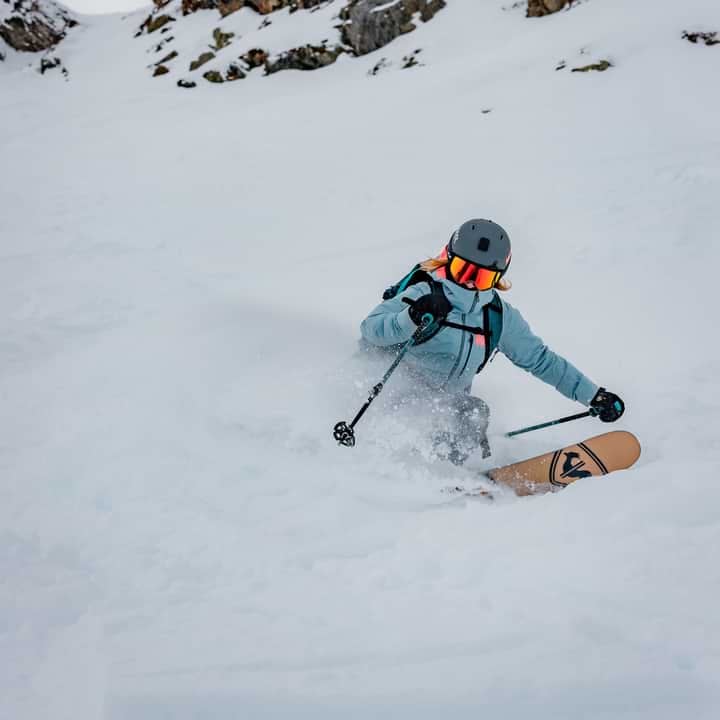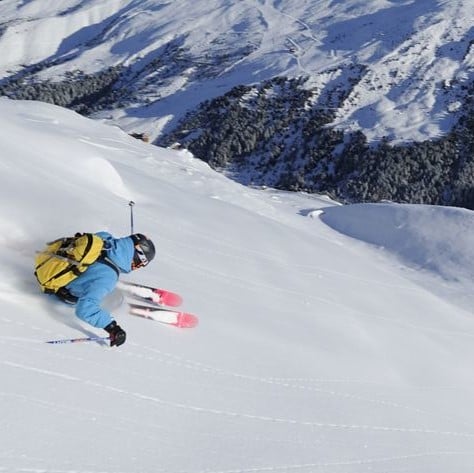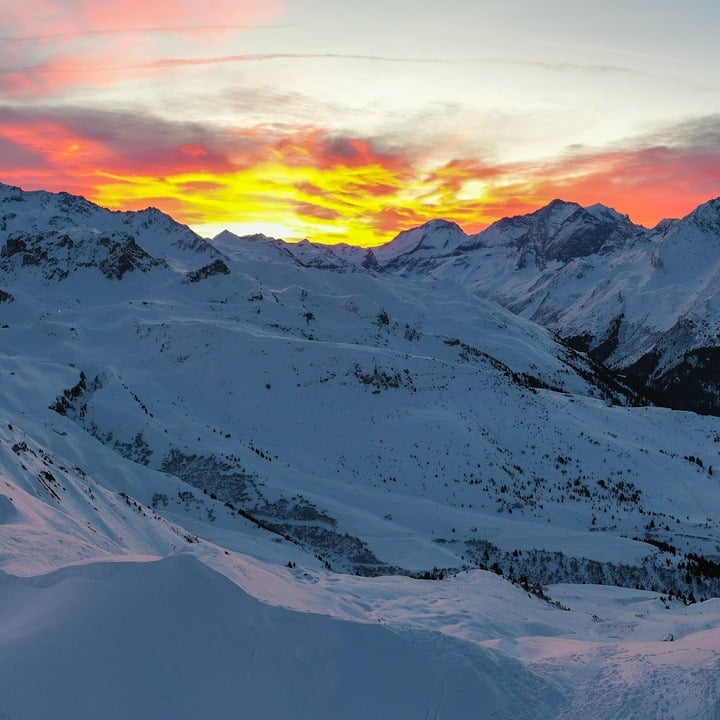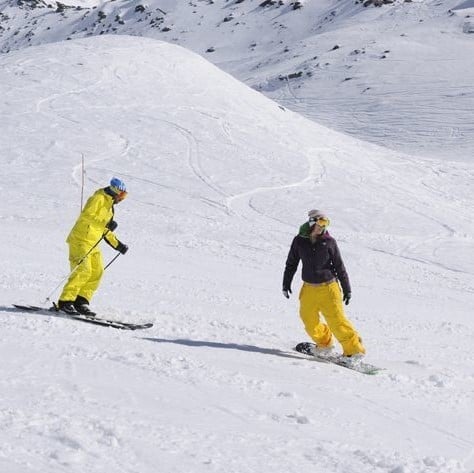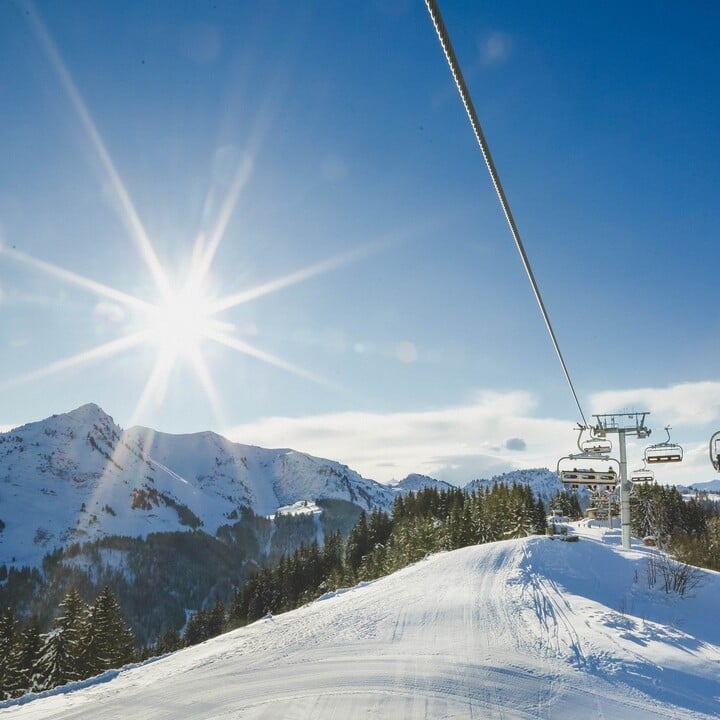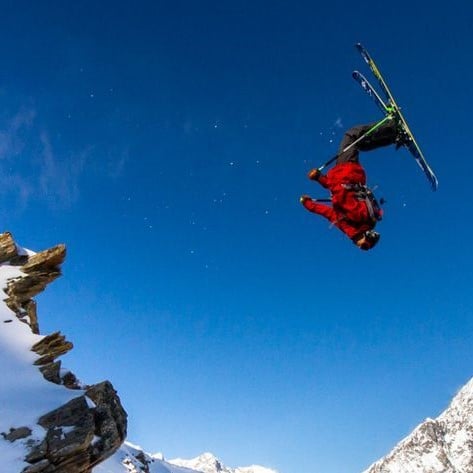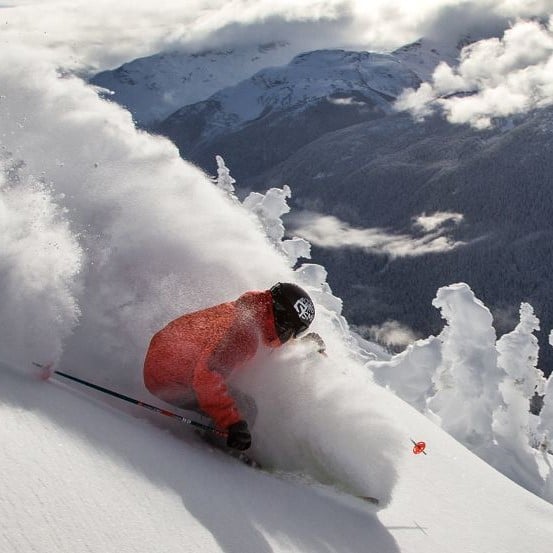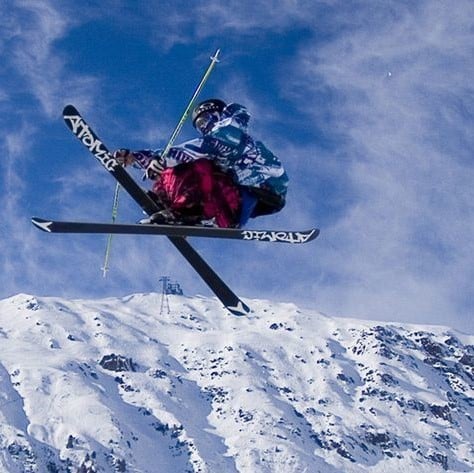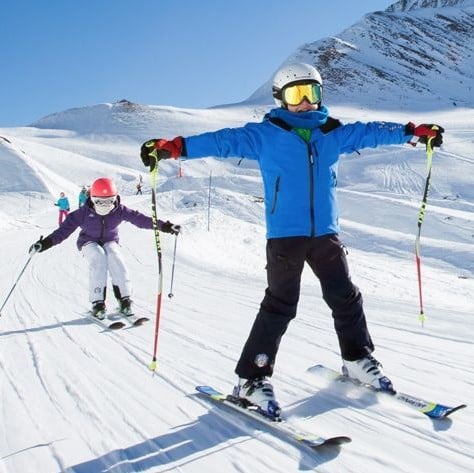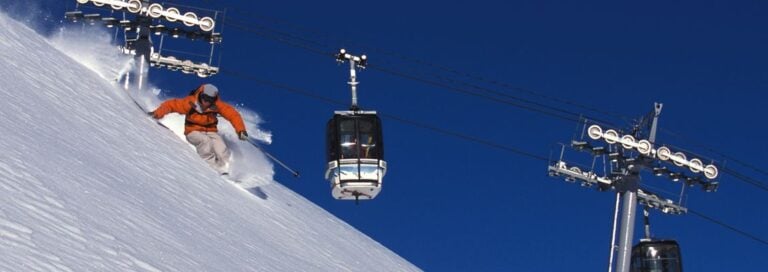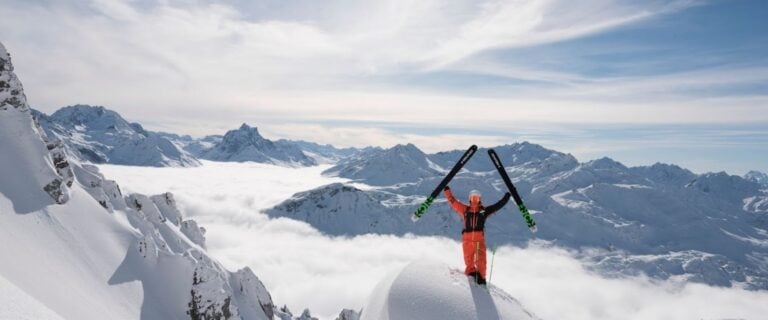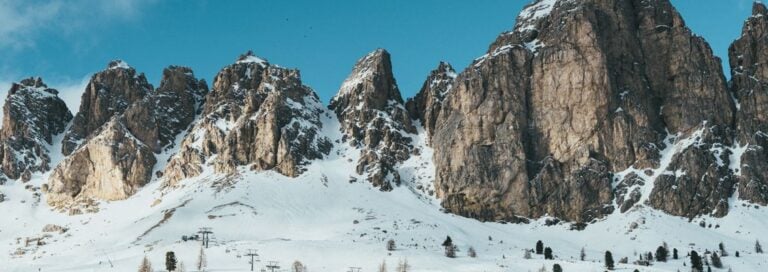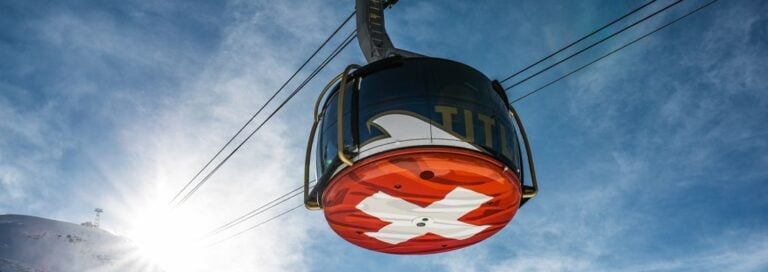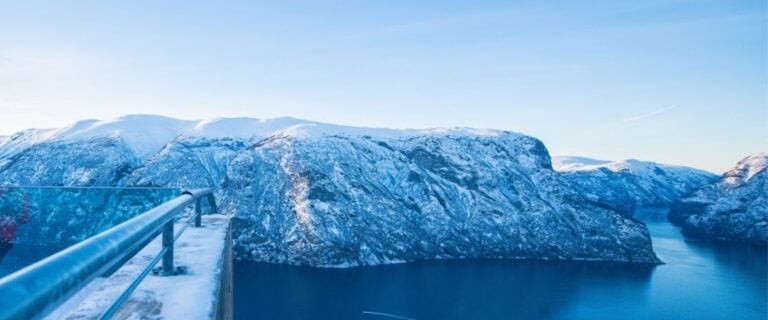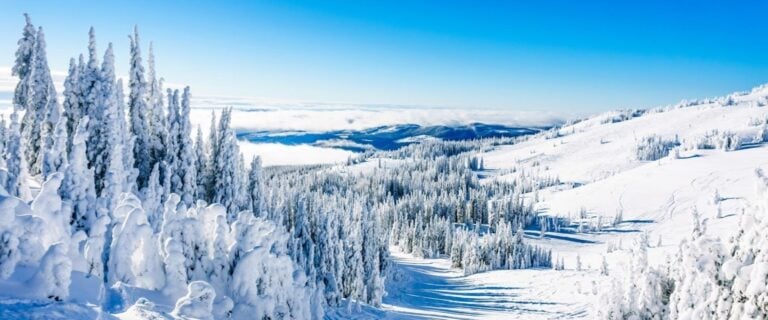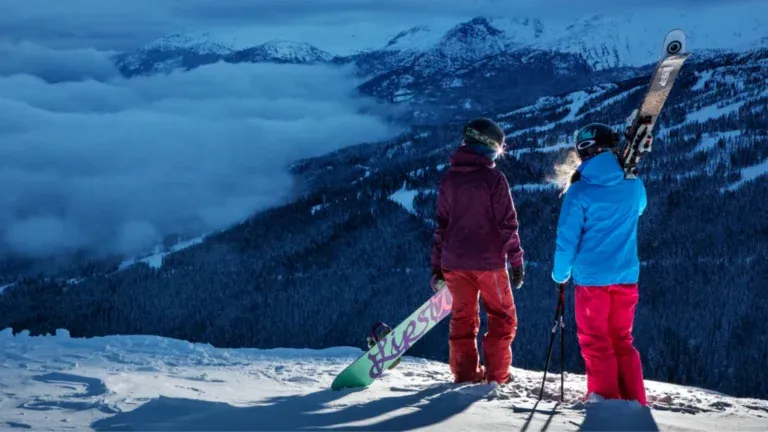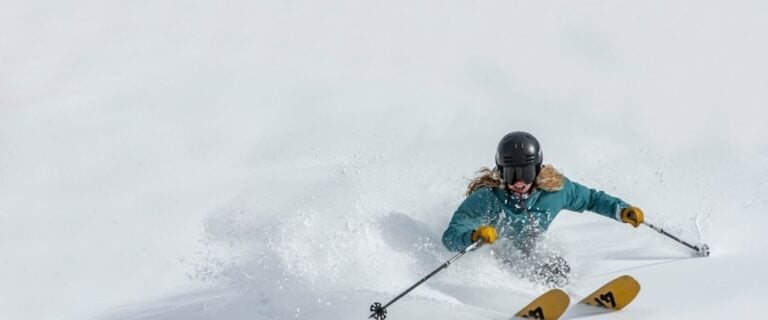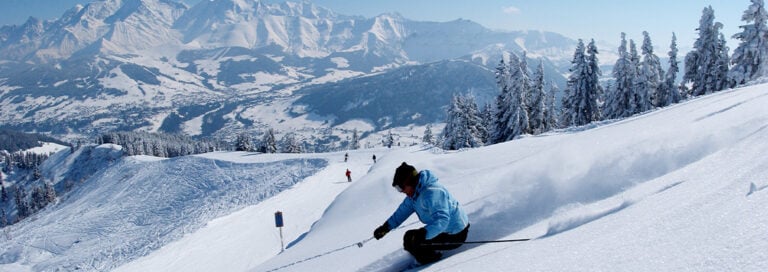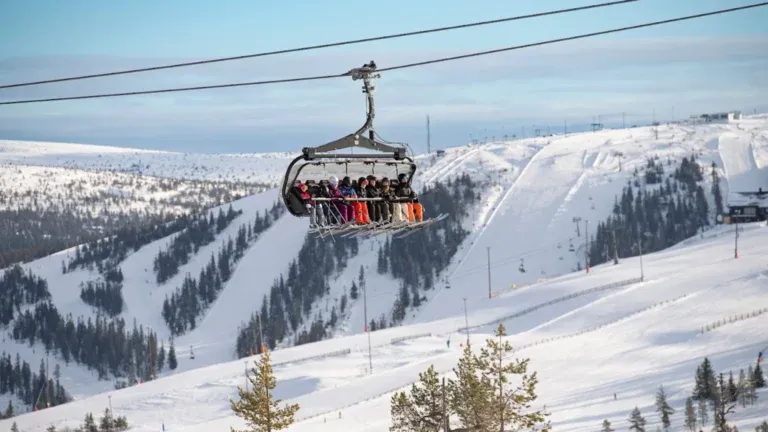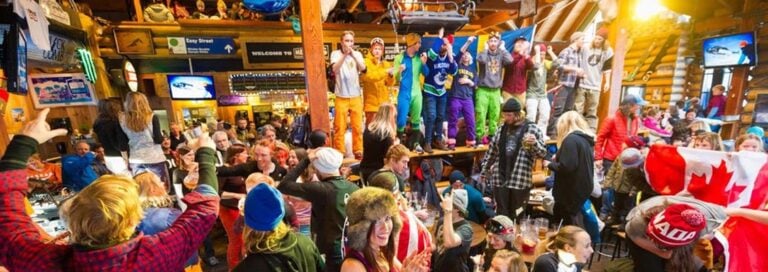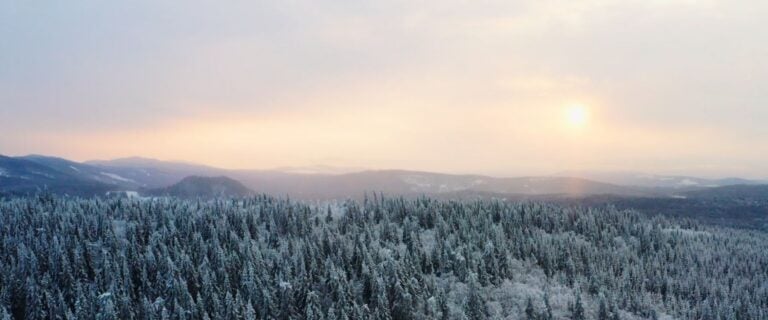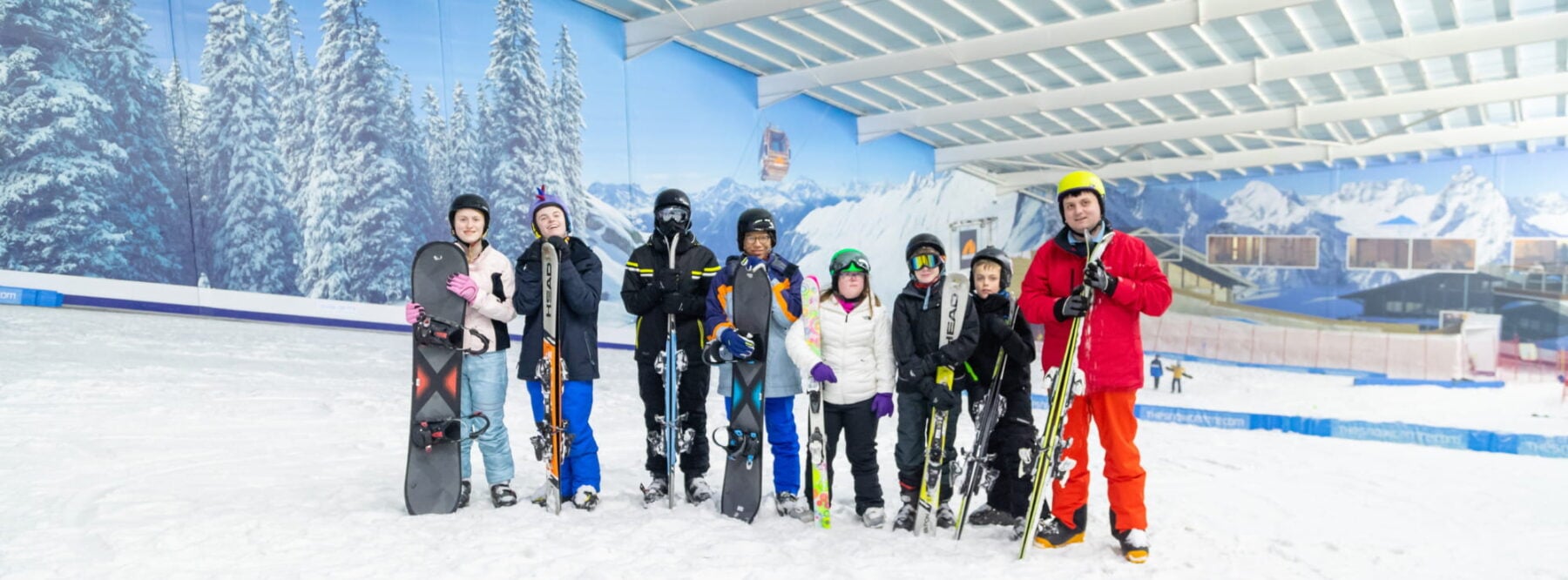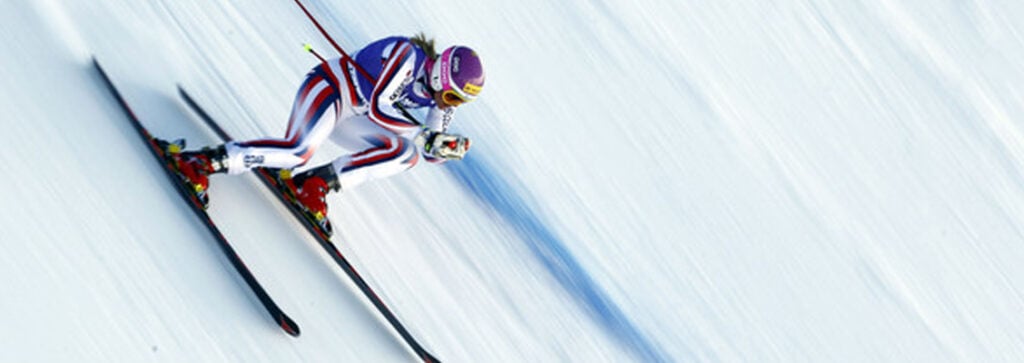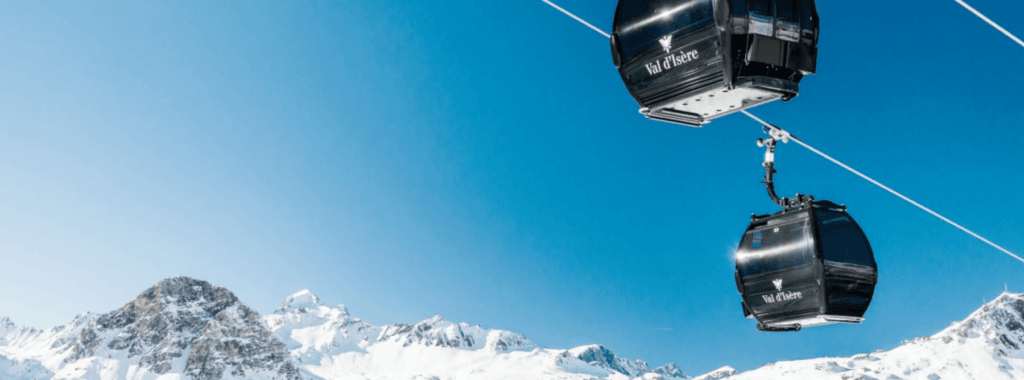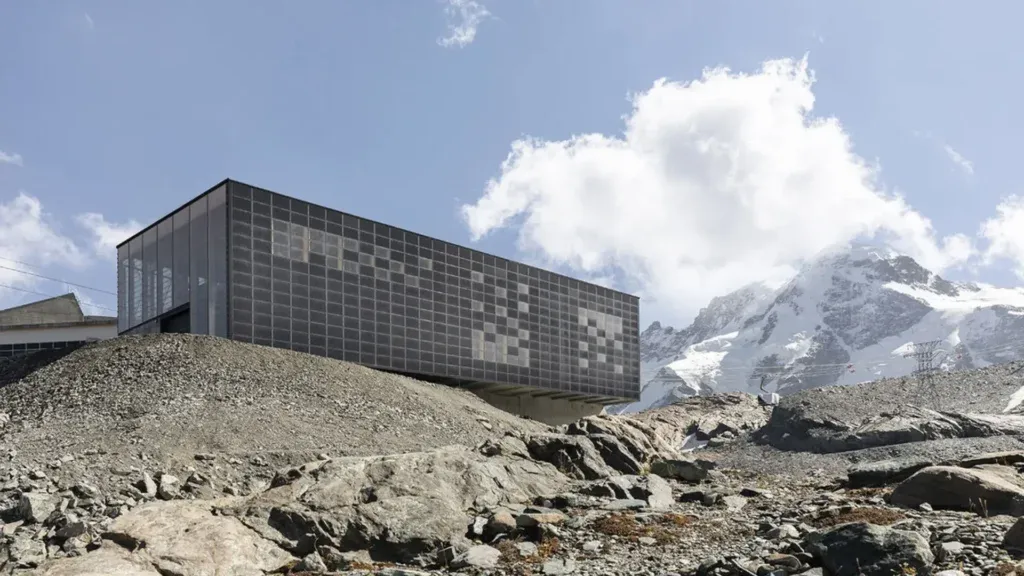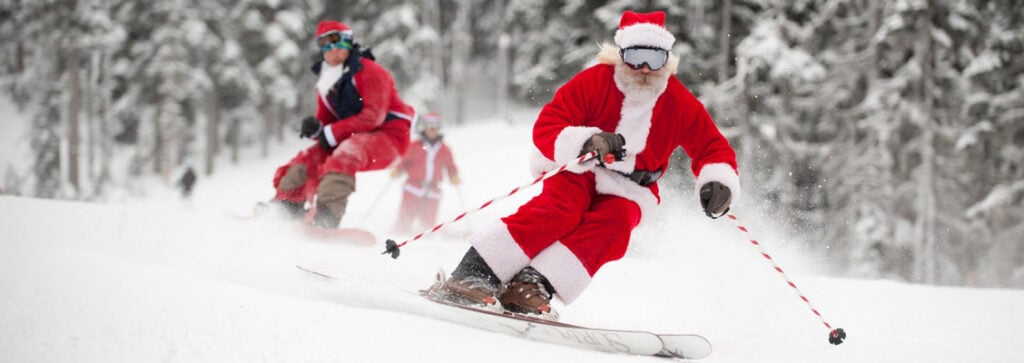Founder of Snowbility and the Snow Sports Foundation, Richard Fetherston, shares his inspiring story and passion for transforming the lives of Special Educational Needs (SEN) people, through inclusive snow sports.
What is the story of the Snow Sports Foundation?
After more than 15 years of running a marketing business, the time had come for a new challenge. I took the plunge and closed my company. While contemplating what I wanted to do with my life, my daughter, Sophie, suggested I became a ski instructor at The Snow Centre in Hemel Hempstead. That is where it all began.
After two years of instructing, I had the pleasure of meeting James and his mum, Helen. James was in his late 20s, with a mix of health and learning difficulties. Leaving the safety of his house was difficult, as he struggled with social and communication skills. However, one-to-one ski lessons transformed his life.
Inspired by James’ journey, I started Snowbility to provide snow sports coaching to those with additional needs and mental health challenges. After a few years, one of my student’s parents offered me substantial funding. Unfortunately, I was not a registered charity, so I could not accept the funds. After speaking with several SEN charities to see if they could help, I soon realised that if I wanted every penny to go to SEN students, I needed to set up my own charity.
Fast forward 10 years, the Snow Sports Foundation is operating with a board of voluntary trustees where every penny goes to supporting SEN students and their families.
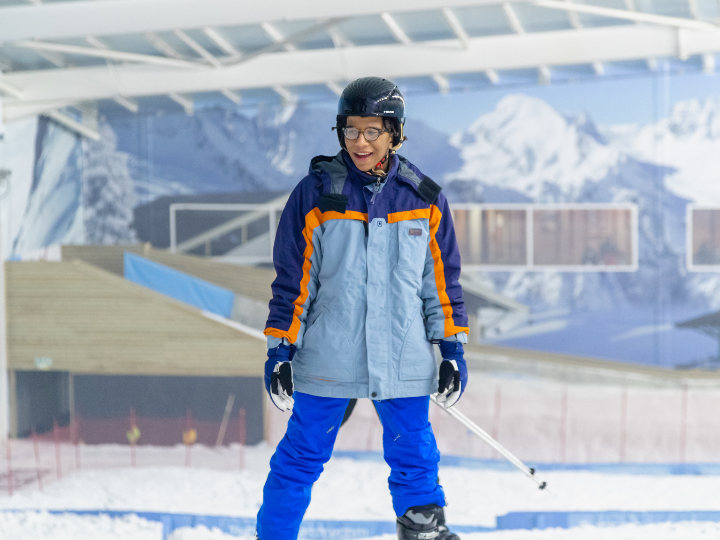
What does the funding go towards?
The purpose of the Snow Sports Foundation is to provide funding to help those with additional needs and mental health challenges enjoy the life-changing benefits of snow sports. Funding removes finance as a barrier so that as many SEN people as possible get the opportunity to experience the magic of the slopes.
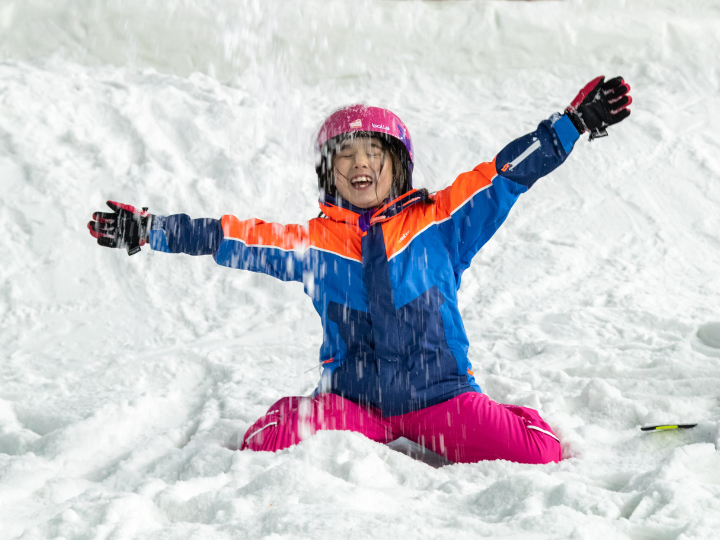
How do you support individuals and their families?
Learning to ski will not only help the students to develop personal skills, but also enhance their family, school, and social environments. When our instructors take a lesson, they encourage a family member, carer, or sibling to participate. This is a great opportunity for the student to showcase their skills and be proud of what they have achieved with people who are important to them. Eventually, the newfound skills can be taken beyond the Snow Centre, to unforgettable family holidays in the mountains.

Why snow sports?
My love for the mountains started when I learnt to ski at the age of nine. Blue skies, pristine snow, and complete freedom as you fly down the slopes.
People with additional needs and mental health challenges sometimes struggle with new environments, interacting with other people, or being part of a team, which can impact their self-esteem. Skiing and snowboarding allow our students to learn new skills and progress at their own pace. There are no complex rules, just repetitive patterns that not only improve fitness but increase confidence and a sense of achievement.
What is the relationship between the Snow Sports Foundation and Snowbility?
Snowbility delivers snow sports opportunities for additional needs students. Snow Sports Foundation is partnered with Snowbility and provides funding for the students.
Snowbility has a team of qualified ski and snowboard instructors, many of whom were former Snowbility students and have additional needs themselves. There is also a team of support staff with experience in learning disabilities, nursing and social care. The combined experience, knowledge and passion mean Snowbility can deliver one-to-one, tailor-made coaching for a range of physical, psychological and mental health needs.
Snowbility and the Snow Sports Foundation work together with the students, families, carers and health professionals to deliver inclusive skiing and snowboarding for all.
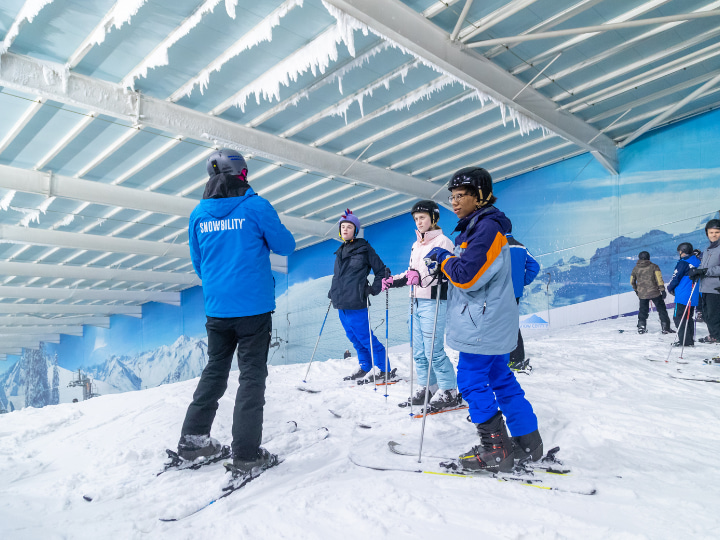
What do you love most about the foundation?
I love that we are change-makers. In the movie The Imitation Game there is a line that stood out to me, “Sometimes it’s the people no one imagines anything of who do the things that no one can imagine”. The foundation reminds me of two key things. Firstly, we should never underestimate people or pre-judge another person by their personality, abilities, or style. So often in life, it is those you might never expect anything of that end up changing the world. The second thing is to not discount the worth of others, we also need to be careful to never discount our own worth. We assume things are too hard or above our capacity to handle. We often stop ourselves from trying new things out of fear that we are not someone who can accomplish it.
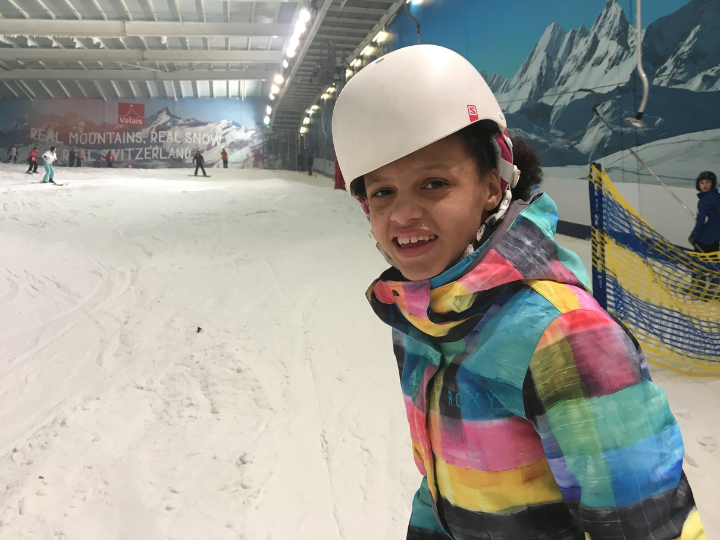
What challenges does the Foundation face?
We have two main challenges. Firstly, we have more demand for SEN snow sports coaching than we do funding. The second challenge is getting funders to understand how transformational snow sports can be for SEN students. The common misconception is that it is just an expensive hobby.
Has there been a stand-out moment since starting the Foundation?
There are so many, but if I had to pick, it would be giving support to SEN students in terms of developing their employability. It is one thing enhancing their personal and snow sports skills but helping them to get work is another level.
What do the next few years look like for the Snow Sports Foundation?
The next few years are looking exciting, as there is so much more we can do to support the SEN community. One key aspect of this is our partnership with Ski Solutions, which is an amazing opportunity to explore new ideas, new initiatives and further learn about the SEN world.
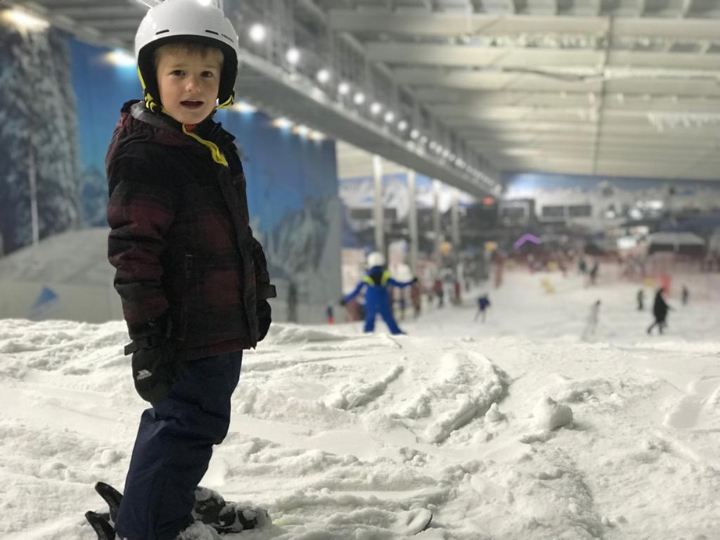
What was it about Ski Solutions that made you want to partner?
To put it simply, the people and the culture – the team just get it! They have a real affinity and passion for snow sports. It is great to see their excitement of wanting to understand more about the SEN world and how snow sports can benefit this community.
How did you get into snow sports?
My family and I had the amazing opportunity to fly to Oslo, Norway, and spend a week in the mountains when I was younger. We stayed in a log cabin with our great friend Kiel Damslett and skied cross-country all day. He taught us the skills he had learnt during and before WW2 when he was in the Norwegian resistance, hiding out in the mountains. Extraordinary man, never to be forgotten.
He took us all into the wilderness on langlauf skis. At lunch, there was a peak behind us which was accessible, so leaving the family behind in what seemed like the most beautiful picnic spot in the world, we set off. I was given orders to follow and to stay in his tracks – I desperately wanted to go first. When 50ft from the top he stopped, turned, and looked at me and said, “Go on, you lead me up to the top, you have fully earned it.” That was a key moment in my life – a moment I hope to give to others. It is amazing, how something so simple can be such a powerful impact.
What is your favourite memory on the mountains?
The day after completing level two Alpine and level one Race Coach exams on the Hintertux Glacier in Austria, the mountain was almost completely empty. I stayed an extra two days and just skied with absolute freedom – just me, the lift operators, and just a handful of other skiers. The freedom and electricity flowed through my body – I can still feel the sensation now.
What are you most looking forward to for the Foundation?
The prospect of seeing the foundation’s students go on to be instructors, inspire others and them being able to enjoy the mountains with their family and friends.
